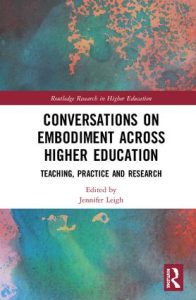
Chapter: The embodied academic
In this chapter I explore my journey from a secondary teacher to teacher educator to lecturer, a journey that signifies for me the transition from a teacher interested in embodiment to an embodied teacher and finally to an embodied academic.
Disclosure Dances in Doctoral Education
Disclosure dances - I am inviting you to take in part in my research project. Information, contact details and consent form available from here.
Bodies and buildings: How the chronically ill or disabled experience buildings in academia
Bodies and buildings - I am inviting you to take in part in my research project. Information, contact details and consent form available from here.
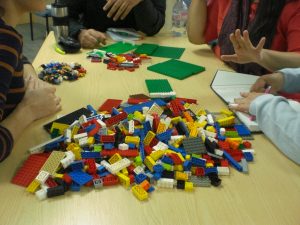
LEGO® reflections in Higher Education
This is a guest post on the Advance HE website published after I had delivered a successful workshop at the HEA Annual Conference demonstrating how to use LEGO reflections in higher education.
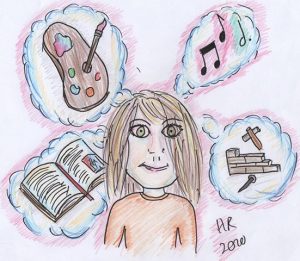
Guest post: Creativity in the Curriculum – An Exam Production-Line
In this guest post Dr Helen Ross reflects on the exam production line of our current school system.
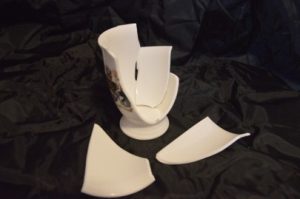
Creative output: “I need duvet days” – Chronically ill academics
This is an example for analysis within Embodied Inquiry from my research with chronically ill academics. The illustrated poem was created from the transcripts of conversations with chronically ill academics and an arts-based approach to making sense of data.
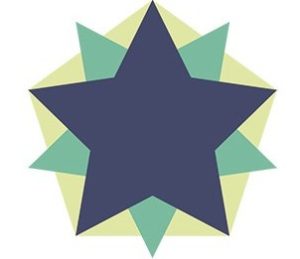
NADSN Position Paper
The National Association of Disabled Staff Networks (NADSN) has produced a COVID-19 post-lockdown position paper. In this paper, NADSN’s observations about the lived experiences of disabled people during COVID-19 are discussed alongside considerations of the changing workplace and relevant policies and practices. The paper concludes with a series of recommendations concerning disabled staff.
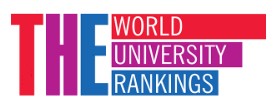
Invisible disabilities in academia
This is a contribution to Times Higher Education from February 2018 about invisible disabilities in the higher education sector.
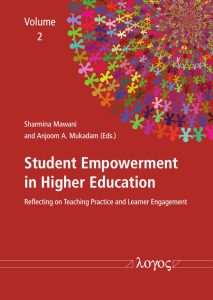
Chapter: Assessments: letting students decide
If students are to take responsibility for their learning, then why are they not also in charge of their assessments? This question forms the basis for this paper that is co-written between two students and one member of staff.

Strategies to manage academic life
This is a post I wrote in July 2018 about how neurodiverse, chronically ill and disabled academics manage their academic life. This was published as a guest post on the Chronically Academic blog.

Innovative research methods
This is a call for contributions of max. 8000 words to "Failures and fallacies of innovative research methods . If you are interested in exploring your failures and fallacies regarding innovative research methods submit your abstract here.
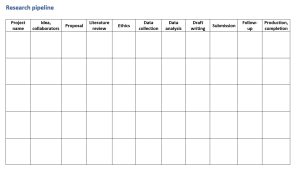
The research pipeline: managing the publications process
This post outlines how to maintain a research pipeline to plan and manage publications systematically and links to a word template.
Using creative methods to collect data in social research
Workshop to explore creativity within research and to identify opportunities to use creative methods within the research process.
Analysing data that has been collected using creative research methods
Workshop to consider analysis in qualitative research with a specific focus on how to treat and deal with data that is not textual, but comes out of the use of creative methods (drawings, paintings, pick-a-card, models, etc.)
Emotions and the role of reflexivity in qualitative research
Workshop to explore the role of the researcher and more specifically, the researcher's emotions within the process of qualitative research.
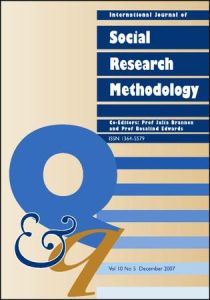
Article: Identity boxes: objects as data collection
This paper considers the use of identity boxes as a data collection method to elicit experiences.